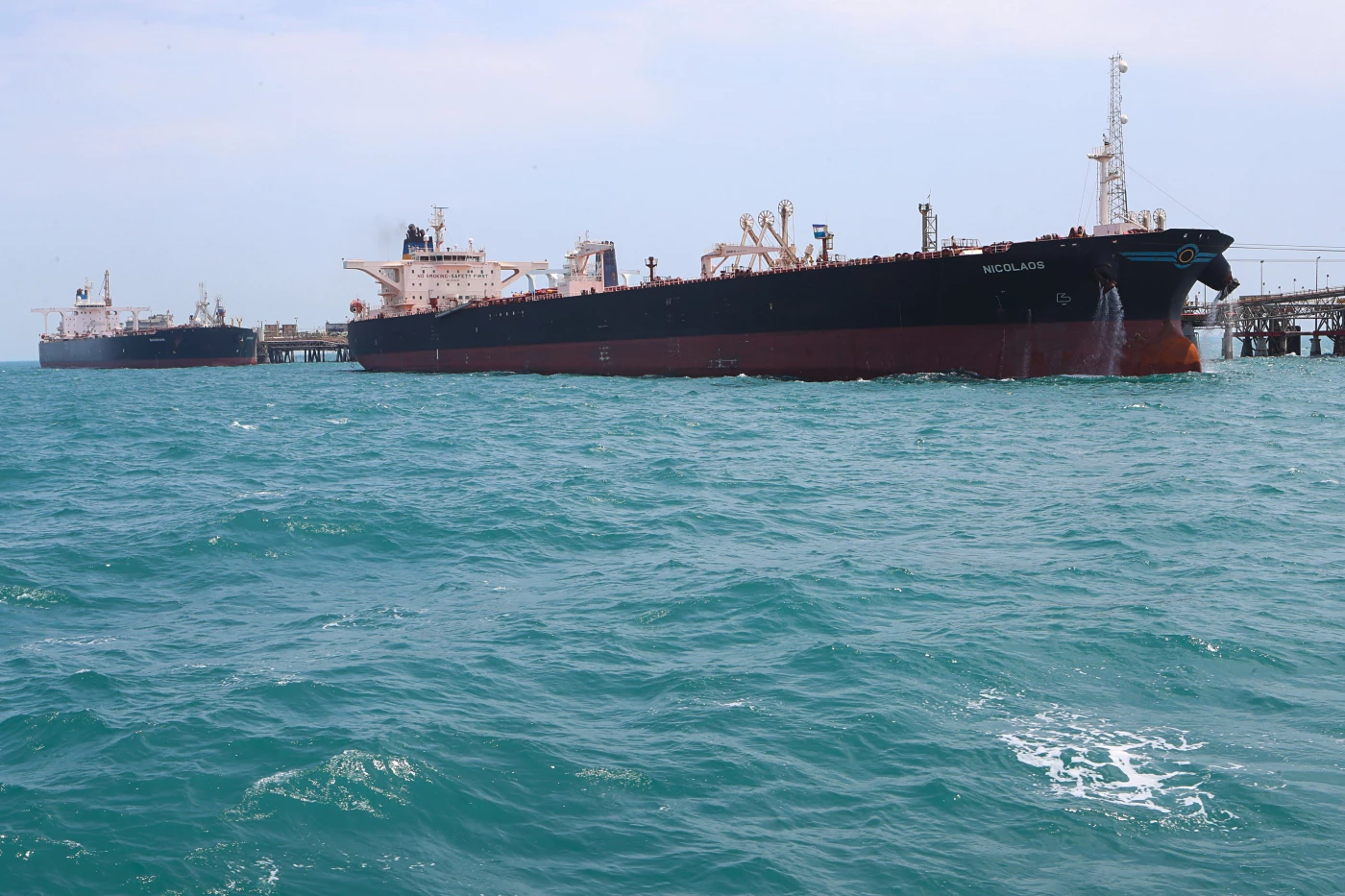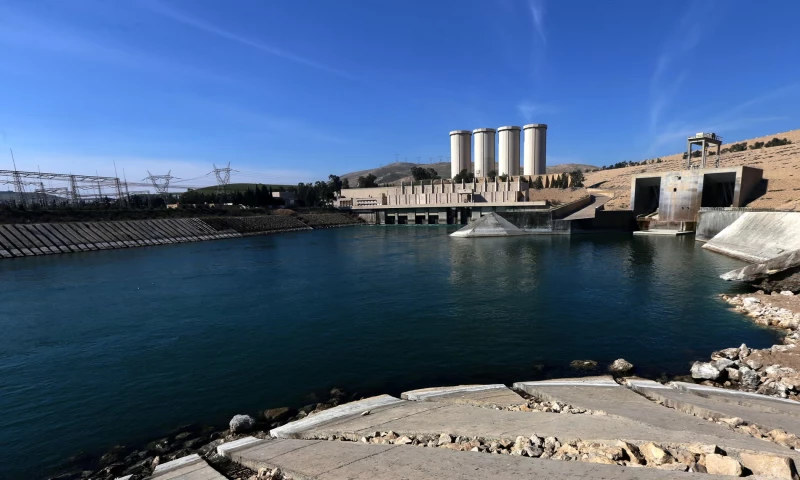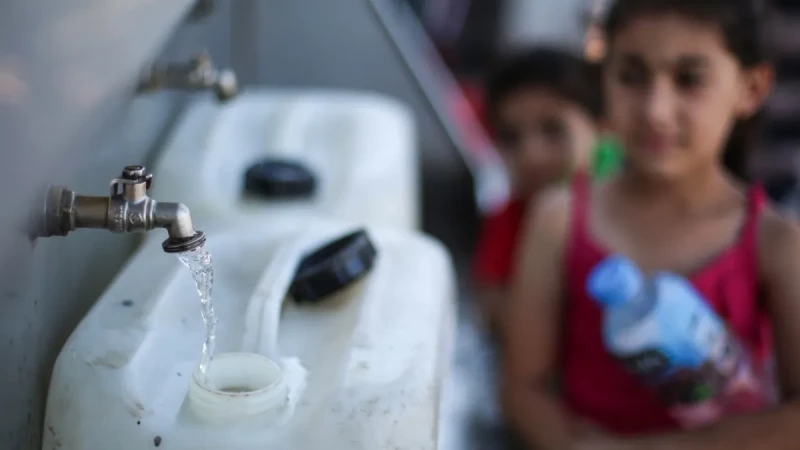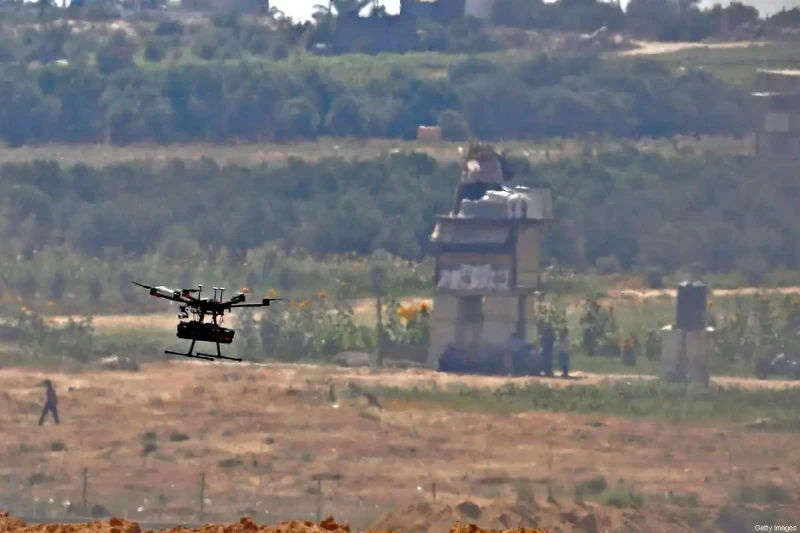ERBIL, Kurdistan Region of Iraq - US sanctions targeting Iran-backed oil smuggling networks have led to the suspension of operations at Berth 41 of Khor al-Zubair Port in Basra province, raising fears of blowback on Iraqi oil exports.
Lawmakers and economists have warned that shutting down the berth could partially cripple Iraq’s export system and result in daily losses of millions of dollars, in addition to long-term economic and security consequences.
The US Treasury Department imposed sanctions earlier this month on Iraqi-British businessman Salim Ahmed Said, known as “Omid.” He was accused of running an oil smuggling network for Iran’s Islamic Revolutionary Guard Corps (IRGC) using forged documents and through direct investment in Berth 41. The berth had been officially used to export heavy fuel oil.
The terminal had been upgraded with advanced technology and helped increase Iraq’s daily export capacity from 500,000 to 1 million barrels, according to lawmaker Ali Shaddad, spokesperson for the parliamentary oil and energy committee.
Shaddad said, “The berth has large storage capacity and high shipping ability. Its shutdown caused direct problems in refining and supply operations, especially with the reduced gas imports from Iran.”
Losses on the ground and a tanker stuck
A senior security official told The New Region that a tanker named Stella is still stuck at Berth 41, loaded with an amount of heavy fuel equal to about 850 trucks. Shipping and transport operations have stopped completely.
The official said the ongoing shutdown will worsen the logistics crisis, especially as switching to other berths is difficult due to the lack of storage space and handling capacity.
Shuker al-Amiri, head of the finance committee in Basra’s provincial council, said he was surprised that the local government had no involvement in the investment of the berth. He said the project was managed entirely without Basra’s knowledge and the province was not included in monitoring or licensing, even though the berth lies within its geographic area and directly impacts its economy.
Amiri added that the shutdown will delay shipping, raise export costs, and threaten jobs linked to logistics. He called for an urgent review of investment policies in Iraqi ports.
In the same context, border ports authority spokesperson Alaa al-Din al-Qaisi said the agency has no authority to supervise operational activity inside ports.
He explained that oil exports are the responsibility of the Oil Ministry, the State Organization for Marketing Oil (SOMO), and customs.
Investor confidence damaged
Economist Nizar Mohi said what happened at Berth 41 is a serious problem in the country’s economic management system. He said Iraq may face more sanctions unless it changes how it manages sovereign ports and facilities.
Mohi told The New Region that shutting down such a large facility brings more than just daily financial losses; it damages investor trust and makes Iraq look like a risky place to do business, especially in the energy sector.
Economist Ziyad al-Hashemi agreed. He said the shutdown of Berth 41 will reduce Iraq’s ability to export oil products and deny the government large revenues.
He said export companies will have to use other transport methods that are more expensive and less efficient, which adds more pressure on infrastructure.
Hashemi also said that this ongoing shutdown, along with other issues, gives foreign markets a negative view and makes investors worry about the future of investing in Iraq.


 Facebook
Facebook
 LinkedIn
LinkedIn
 Telegram
Telegram
 X
X



